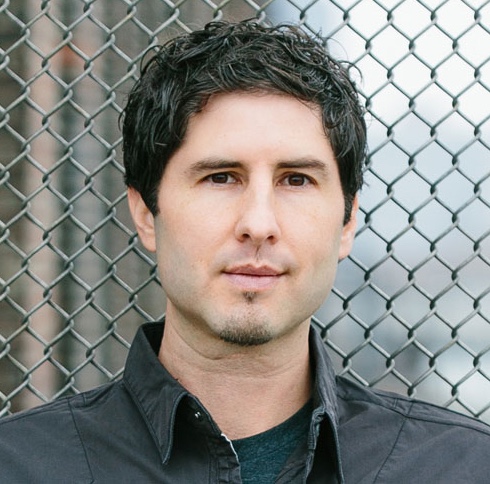
Lisa Cron, author of a craft book I recommend a lot called Story Genius, has often said that the biggest mistake she saw writers make when she was a literary agent is that they write pages, not stories.
“They have a great idea, their prose is gorgeous, and there’s a lot of action, [but] there’s no real story, and so no driving sense of urgency,” she writes. “Story is about an internal struggle, not an external one.”
There are so many ways to fall into this–digressions, elaborate descriptions, or following a character around for 30 pages, just to see what they do. Research is my weakness. I’ll interrupt a scene five times to tell you about the Galveston Hurricane of 1900.
And it’s not wrong to write those things and follow those thoughts in our early drafts. Early drafts are for discovery, in my opinion, and if you want to write a page of description to discover one great line or write about the Galveston Hurricane to keep one juicy factoid, well, Ok then.
For author Harrison Scott Key, his traps are humor (no surprise there, he’s a winner of the Thurber Prize for Humor), and backstory. In a recent visit to my class, he said that in the first draft of his most recent book How to Stay Married: The Most Insane Love Story Ever Told, he dedicated many entire chapters to backstory.
“There were a bunch that were so fun, and, I don’t know, maybe Dostoevsky or Tolstoy would have left them all in,” he said. “But I took them out because, while they fit within the structure of it, I’m not Tolstoy and I need to keep things moving.”
He started thinking about how his book would answer the question, “What is going to get people, when they finish a chapter, to turn the page?”
The book’s inciting incident is the moment that his wife of 20 years tells him she’s in love with another man. High drama, right? But… where’s the story?
Harrison started trying to figure that out with spreadsheets, which, for a while, helped him get perspective. Until they didn’t.
“Every story is really 2 stories. The first half is the thing [the protagonist] sets out to do. And then the second half is whatever actually happens,” Harrison said. “If our job is to win the football game, you’re going to win that football game by the middle or you’re going to lose it by the middle. And then the last half the book is going to be about what was really going on with you when you were trying to win that football game.”
Harrison took the moments that felt special beyond their inherent drama, wrote them on post-it notes, and tacked just those moments to a bulletin board.
“It’s a good practice to ask, what’s got to be in there?” Harrison said. ”Put a pin in those big moments, and you can build your bridge on all that.”
And how were the post-it-worthy high-octane moments different from the rest?
“Change,” he said.
Once they were up there, Harrison could see an infrastructure. And once you have that, you have a story.
Your turn, writers. Take whatever you’re working on right now, and look for your high-octane moments, then find the ones where something big changes, and give those turning points their own space.
What story are they telling?

Kelly Caldwell
Dean of Faculty






